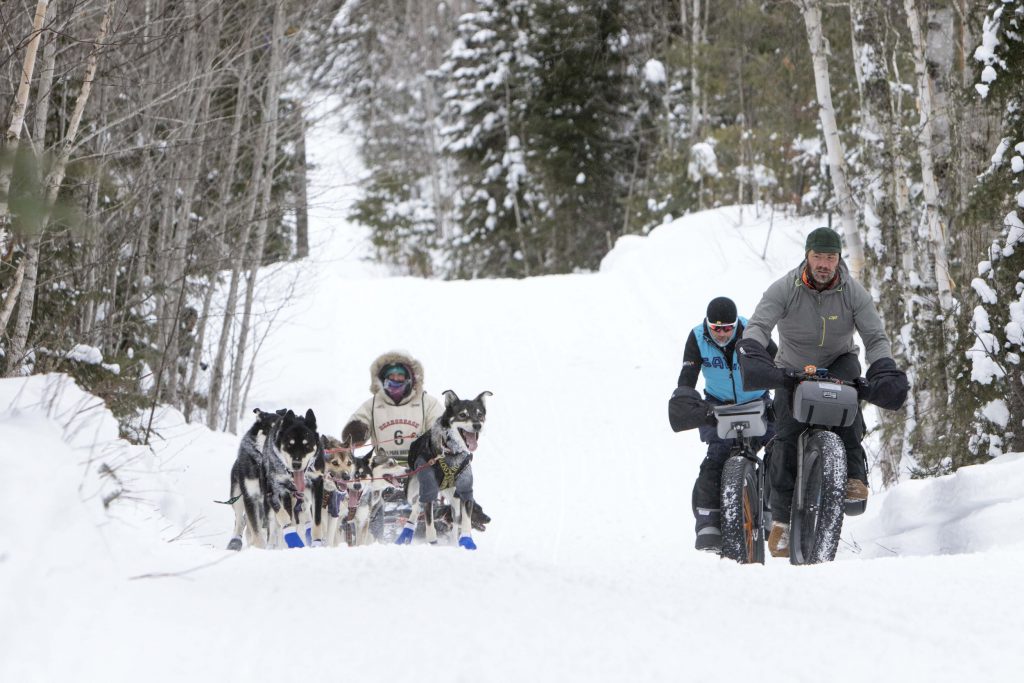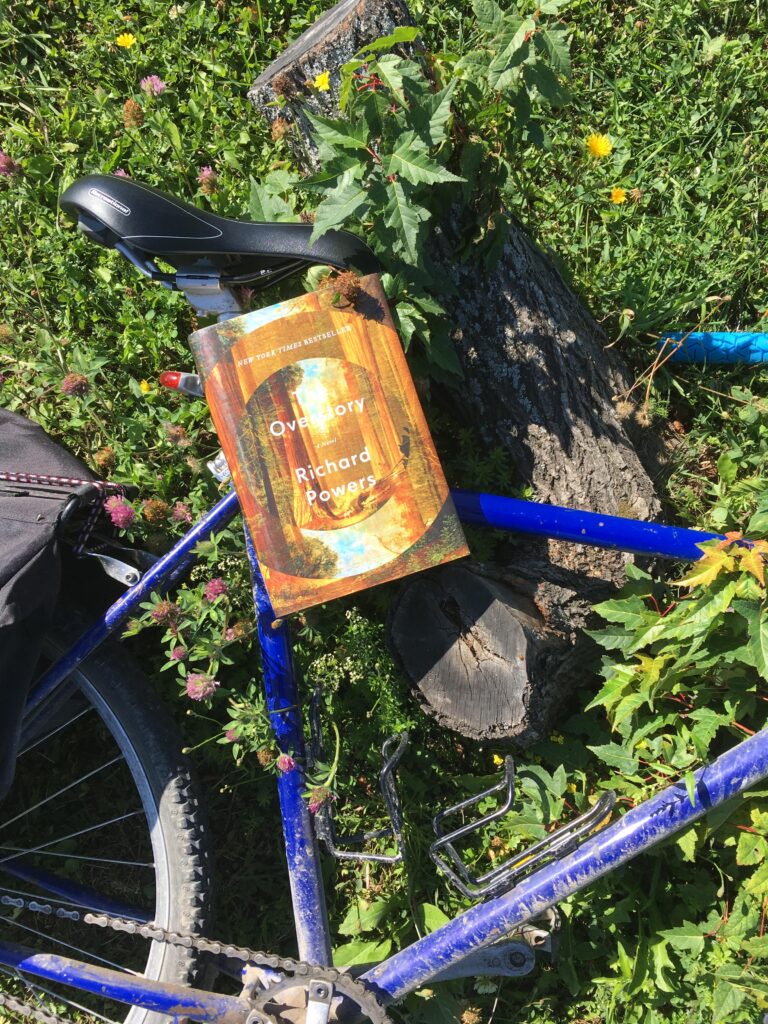
My main man of the Wheels and the Woods, Ben Weaver sent out an email about his participation in the Beargrease Sled Dog Marathon this year. You can read more about the race on their website and highly recommend you read Ben’s full post on his.
Ben said something so well I wanted to share it with a larger audience:
The topic of climate change and social justice are right at the center my work, however I feel concern that many of the mainstream conversations around them are missing the point. They are rooted in “war thinking” and focus on calling out the “other.” They perpetuate blame and work against efforts to strengthen culture through diversity. This is not helping us imagine a new way of being in better relationship to all things living, human and non. Instead it is ensuring that the old way of being, where we relate through separation continues to lead.
We all know there’s enough division and divide in the world today. Far as I can see there is no time for any more of that. I have all the time in the world for figuring out unique ways to bring people together. Music, dogs, bikes, winter, food and stories resonate as a good foundation to build up from.
This is where my heart sits. In the dog fur, lit up with tree love.

